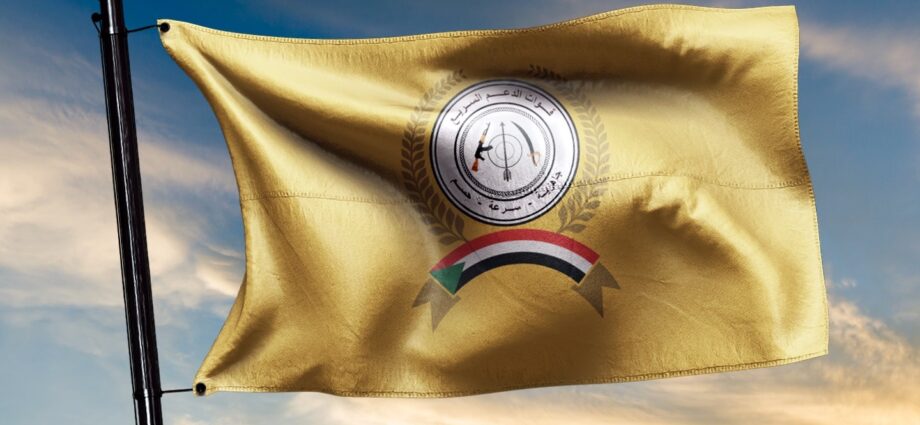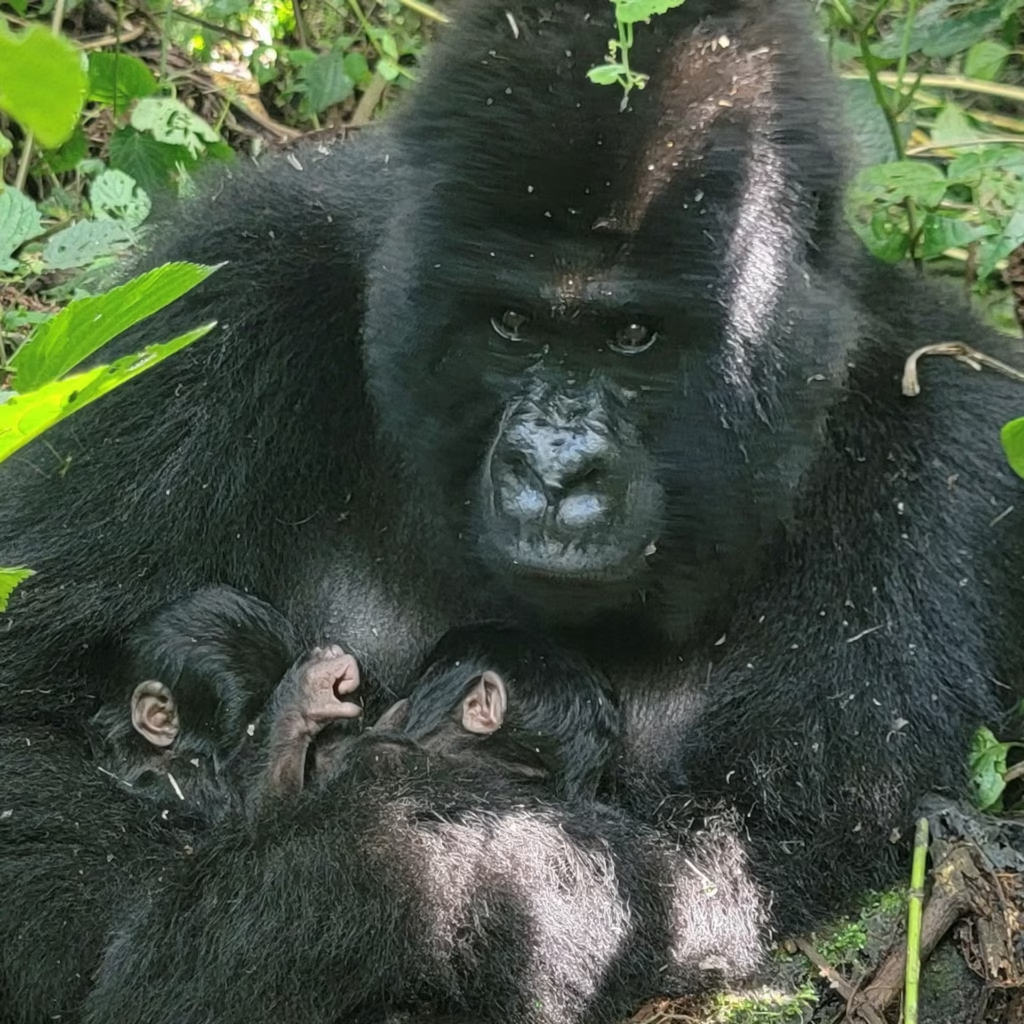
South Africa’s recent decision to phase out the breeding of captive big game and ban the commercial use of lions has left many big-cat breeders uncertain about their future.
In December 2022, a ministerial task team, appointed by then-Environment Minister Barbara Creecy, recommended the closure of the lion breeding sector. However, the recommendation did not include any financial compensation or support for the breeders once the ban was implemented. The government moved forward with these recommendations in April 2024, without setting a clear deadline for when the breeding must stop.
Since South Africa’s national elections in May, which resulted in President Cyril Ramaphosa forming a unity government and the appointment of a new environment minister, there have been no revisions to these plans.
South Africa is home to over 8,000 captive lions, the largest such population in the world, surpassing the number of lions in the wild within the country.
Willie Le Roux, a game lodge owner and researcher in wildlife artificial reproduction, expressed concern over the impact of the ban. His lodge has been involved in artificial reproductive research in collaboration with local and international universities since 2006. In 2017, they successfully produced the first lion cubs through artificial insemination.
“(The government) can’t have it both ways … they can’t give us (permission) for the research, but then cut off our stream of income,” Le Roux said.
Le Roux’s lodge offers tourists guided educational walks with lions, which he says helps finance his employees’ salaries and fund his research efforts.
Asini Sanadi, an animal handler at Le Roux’s lodge for 14 years and the sole breadwinner for his family, is concerned that the end of big-cat breeding will jeopardize his livelihood.
The government report urged breeding facility owners to voluntarily exit the industry by either euthanizing or sterilizing the animals or handing them over to the government to be released into the wild or relocated to sanctuaries.
Fiona Miles, director of the animal welfare organization Four Paws in South Africa, argued that conservation efforts would benefit from the reallocation of funds and resources currently tied up in the captive-breeding industry.
“The communities surrounding wildlife reserves and national parks could see economic gains if tourism increases,” Miles added.
The ban has sparked a debate on balancing conservation efforts with the economic realities faced by those in the lion breeding industry, leaving many to ponder what the future holds.



